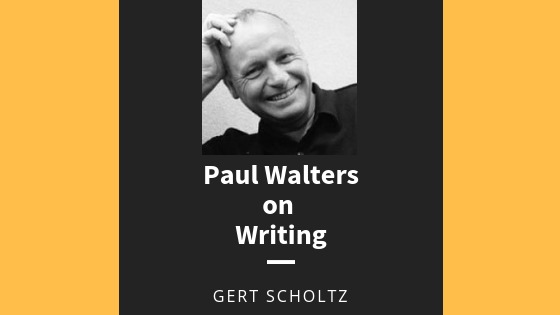The Short Story of Stories

“Once upon a time…” is probably NOT how you would imagine the introductory remarks at a business meeting. Such discussions are typically to the point, factual and data-driven. The more precise, the better.
Yet we forget that in our search for exactitude, certainty and brevity, stories are still the most powerful way of conveying messages, and a most persuasive form of communication. It needn't be long – a simple momentary transference is all that is required for a message to stick and be remembered.
Long before the invention of writing, across every culture, in every part of the world, humans have told stories to understand, share and recall knowledge. While our ancestors sat around the fire listening to the tribal storyteller, we now sit in cinemas, theaters or in front of TVs, computers and mobile phones to share the tales of our lives.
Stories have long been the medium of conveying meaning from person to person and from generation to generation. Since the invention of the Gutenberg press, a mere 500 years ago, humans have written more than 130 million books.
Why are stories so powerful?
First, read a paragraph like this; “Further to the recent announcement regarding our strategic initiative to undertake a comprehensive and wide-ranging review of our core service offerings across multiple lines and geographies, we are today announcing the completion of phase one of the review, which included a thorough analysis of our most recent analytics.” Neuroscience studies show that on reading this, only the frontal fact-processing area of your brain is activated.
Now read this piece from John Grisham’s novel The Firm: “An hour before midnight, the phone rang. Except for it and the light snoring, the second floor office was without a sound. His feet were on the new desk, crossed at the ankles and numb from lack of circulation… After a dozen rings he moved, then jumped at the phone… His shoes were on the floor, next to the desk … an empty potato chip bag was between the shoes… It was his wife. ‘Why haven’t you called?’ she asked, coolly, yet with a slight touch of concern.”
If you could now place your brain under a scanner, you would see that not only are the frontal processing areas activated but also your sensory, motor, olfactory, visual and auditory cortex’s. A good story activates the whole brain including the older parts of the brain where emotional processing occurs. On hearing about an emotionally charged event, the brain releases dopamine which makes it easier to remember a message and enables recall with greater accuracy.
Facts and figures engage a small part of the brain while stories engage multiple areas to build rich, textured three-dimensional images and emotive connotations. As we hear a story we quickly feel that what is happening “out there” is actually happening inside us. Activating different areas of the brain creates multiple hooks and draws us into the narrative.
What makes a good story? Not all are born story tellers. Yet there is a simple formula for telling a story that sticks. Make it personal and make it revealing. Tell something about yourself. In an analysis of the best TED talks it was discovered that 65% of the content fell under what Aristotle centuries ago called pathos - conveying personal emotion. Twenty-five percent fell under logos - data and logic, and the remaining 10% fell under ethos - establishing credibility for oneself.
Next time you need to start a meeting or make that all important presentation or speech, consider starting with a story, a personal one. And be assured, all will “live happily ever after”.
Articles from Gert Scholtz
View blog
Today I have been on BeBee for two years. My main motivation for being here is to learn more about b ...

On BeBee we have come to know Paul Walters as an eminent travel writer. From all parts of the world, ...

Ken Boddie is always a welcome presence on BeBee. He comments extensively, posts on a wide variety o ...
Related professionals
You may be interested in these jobs
-

Systems Engineer
Found in: Executive Placements ZA C2 - 4 days ago
TalentCru Durban, South AfricaOur client is looking for a Systems Engineer. This role will expose you to a diverse working environment with endless opportunities to grow as an individual and to work for an organization that promotes equality. This is a permanent role based in Durban, Kwa-Zulu Natal. · The pur ...
-

Environmental Officer
Found in: Talent ZA C2 - 4 days ago
Isilumko Staffing Johannesburg, South Africa ContractA well known food manufacturer is urgently seeking an experienced Environmental Officer to join them in the East Rand on a fixed term contract. · Responsibilities: · Driving compliance · Conduct environmental surveys · Keep abreast of changes within legislation · Root cause anal ...
-

Writer and Editor
Found in: beBee Professionals ZA - 5 days ago
Direct apply
BeBee Professionals is looking for a talented Writer and Editor to join our team in Port Elizabeth. · The successful candidate will be responsible for creating and editing content for our website, blog, and other digital channels. They will also be responsible for researching and ...

Comments
Lisa Gallagher
7 years ago #3
Javier Cámara-Rica 🐝🇪🇸
7 years ago #2
Dean Owen
7 years ago #1